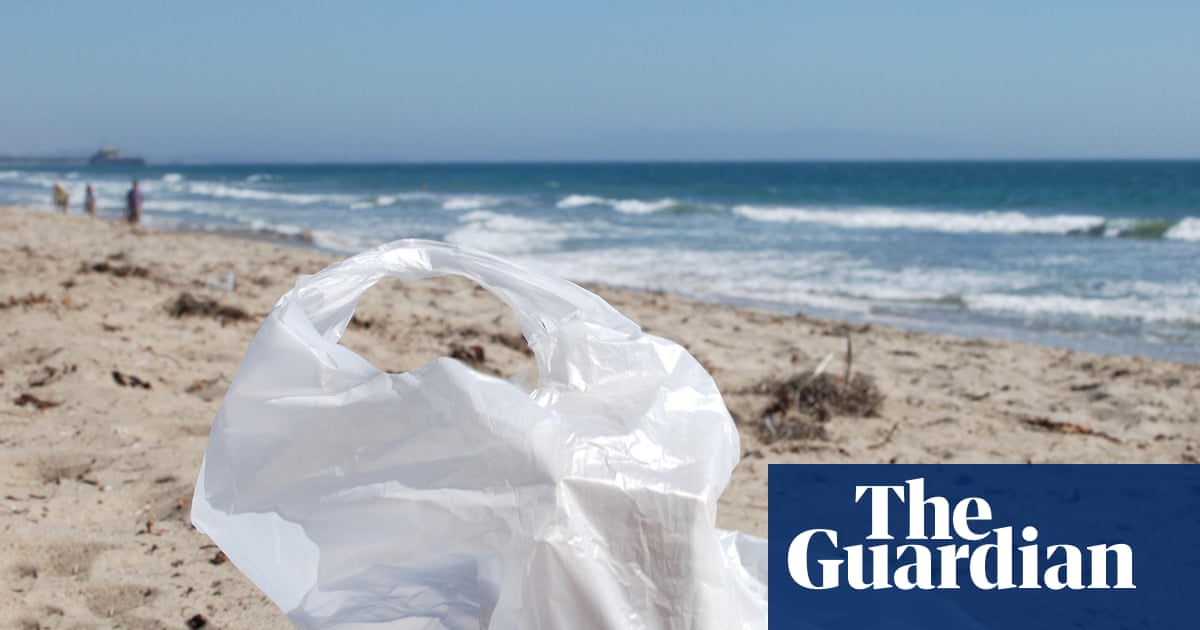

I’m not sure I’ll have the time to go through all of your claims but I’ll try to address the most salient ones. Please tell me if there are things that I missed that you would like to see addressed. It may wait for a few days though, sorry.
What do you think of this report by GTK? See slide 23. I would be interested in what you are looking at more specifically from the USGS and how these views could be made consistent.
One of the crucial misunderstandings in this question is the nature of reserves and what it means. So let’s first check what the report you mentioned (which by the way does not cite its sources or its methodology) is using in terms of reserves. It is not clear where their numbers come from. Here is the 2018 report on nickel. They probably used the “reserves” numbers, but the USGS is a bit more pessimistic than they are there: USGS estimated 74 million tonnes. They also considered total resources of 130 million tonnes.
Here is the 2024 report on nickel: 130 million of global reserves, 350 million tonnes of resources.
What magic is that? Well, there is a reason I mentioned the definition appendix as mandatory reading:
Reserve: That portion of an identified resource from which a usable mineral or energy commodity can be economically and legally extracted a t the time of determination. The term “ore” applies to reserves of some kinds of mineral commodities, generally metallic, but for want of another term it is sometimes applied to nonmetallic commodities
Identified resource: A resource whose location, grade, quality, and quantity are known or can be estimated from specific geologic evidence. Identified resources include economic, marginally economic, and subeconomic resources.
These resources, they grow just because we explore and prospect. On most minerals, we would have between 40 and 80 years of identified resources because prospecting at a higher rate is usually non-profitable. There was a scare on lithium, and at one point on copper, because the reserves were very low. And the prices went up, not because there was a fear of a lack of geological availability, but because the mines were not opening at an appropriate rate. Since I started being interested in that question, the world has “run out of copper” at least three times.
I’ve seen other articles on a trend that worries the professional of the field, but it’s not about geological availability. It’s about the trend in prospection that change. People are not trying to identify new deposits anymore. They are trying to extend the one that they already have secured the rights to. Economically understandable, strategically problematic. There’s a chance that we cannot supply the demand for minerals, but it will come from market failing, not from lack of geo availability.
It is not at all readily apparent to be that you could have a self-sustaining closed loop system producing then maintaining ‘renewables’, all while decarbonizing the massive energy consumption everywhere else.
Here, there is a methodology question. Right now, we both agree that our current industrial ecosystem is not sustainable. It emits CO2, it uses fossil fuels. Therefore, nothing that you produce out of it will have a zero CO2 footprint. If that’s your criterion, then sustainability is just impossible to produce.
To me that’s not the criterion. The criterion is that at one point we reach a time where you don’t need to emit CO2 to run your production. To get there we will emit CO2 and we will burn fossil fuels. Hopefully, as little as possible.
The consequence of that is that I disagree that you should integrate the indirect emissions of something into your calculation on whether it’s a piece of a sustainable society. The typical example is electric vehicles, which we consider to have a terrible CO2 footprint on production, because we assume they are produced in China with mostly coal electricity mix. What I find problematic with that view is that if you were to move the factory, the exact same factory, into a country like Norway that produces its electricity mostly from hydroelectric means, then you decrease the CO2 footprint of a car by a lot, even though that’s exactly the same car.
It makes sense in some contexts, like trying to lower your own individual footprint, to consider the indirect emissions. But in order to judge if a technology is sustainable and can be part of a sustainable zero-emission society, you should only consider the direct emissions.
And here, that’s pretty clear. Let’s focus on solar panels for simplicity. Solar panels don’t require CO2 to be emitted during their production. They just require electricity and they require transport. These may emit CO2, but that’s independent of the technology used for the production of the panels. And we know that we can transport goods using only electricity. And we know that we can produce electricity by emitting zero CO2. Similarly, mining minerals can be done without emitting CO2. It requires energy. And in the biggest mines, like I said, a lot of the big vehicles are actually electric.
I think that’s your loop. Isn’t it? You produce electricity, emit zero CO2. You use that electricity to mine minerals and to transport it without emitting CO2. And you use that electricity to run your factory without emitting CO2. And you produce solar panels that produce electricity. The loop is closed.
‘Renewable’ energy harvesting machines are still a blip in the overall scale of energy system and have only added onto energy use instead of replacing it
It is about 10% which is pretty decent but of course I want to see it grow faster. I find weird the argument that it’s only added energy instead of replacing. Yes, that’s because the world is using more and more energy as poor countries gets richer. But do you think that without renewables, the growth would be different? They would just build coal power plants. In percentage, it’s definitely displacing fossil sources.
There are also examples of places where it did displace fossils pretty significantly in absolute terms. Germany is a good example: https://ourworldindata.org/grapher/electricity-prod-source-stacked?country=~DEU (though I find it questionnable to get our of nuclear before getting out of fossils but that’s a different debate).
So the way forward to me is to anticipate the collapse and imagine creative ways how we are going to salvage survival in that environment and under those constraints.
I see many people arguing similar things, and I used to, because I used to be a post-apocalypse sci-fi enjoyer. But then I realized that I was starting from the conclusion, that on some level, I wanted that simpler world, that less stressful world that I imagined once that complicated industrial civilization collapsed. Re-establishing a link with nature, rebuilding simple machines out of things that I would have mined with my hand. For some time, that’s kind of a pleasant dream. And actually so pleasant that many video games use that premise.
So i have no way of knowing if that’s your case or not but really think whether you reach that conclusion through well-documented premises and careful reasoning or if that’s somehow a belief that’s actually your starting point.
The thing that I understood is that I do want a different lifestyle. I do want a less stressful lifestyle, I want to be closer to nature. And I also understand that hoping that the society would collapse is actually a comfortable way for me to avoid making life decisions, to go where I want to go. So I resigned from my job in Paris. I went back to the Alps, where my parents live, and I started exploring the freelance world and the remote working world 10 years before COVID hit, when no one was doing it. I now live in a nice house, surrounded by cows and trees. Actual nature is 20 minutes away. I see my mountains every morning and I didn’t need society to collapse for that. I am helping the local hackerspace to produce lightweight electric vehicles and we are helping non-profits that recycle plastic. You don’t need to wait for the world to collapse to help it get better. And to me that’s the essence of Solarpunk.
EDIT: fixed a few typos and missing words







Like many human-rights related conventions, USA is not a signatory of the convention on the stateless persons.
USA so far kinda got a pass on many thing for being the “world police” and buying forgiveness with NATO protection. Remove that, and the US is basically yet another rogue state.